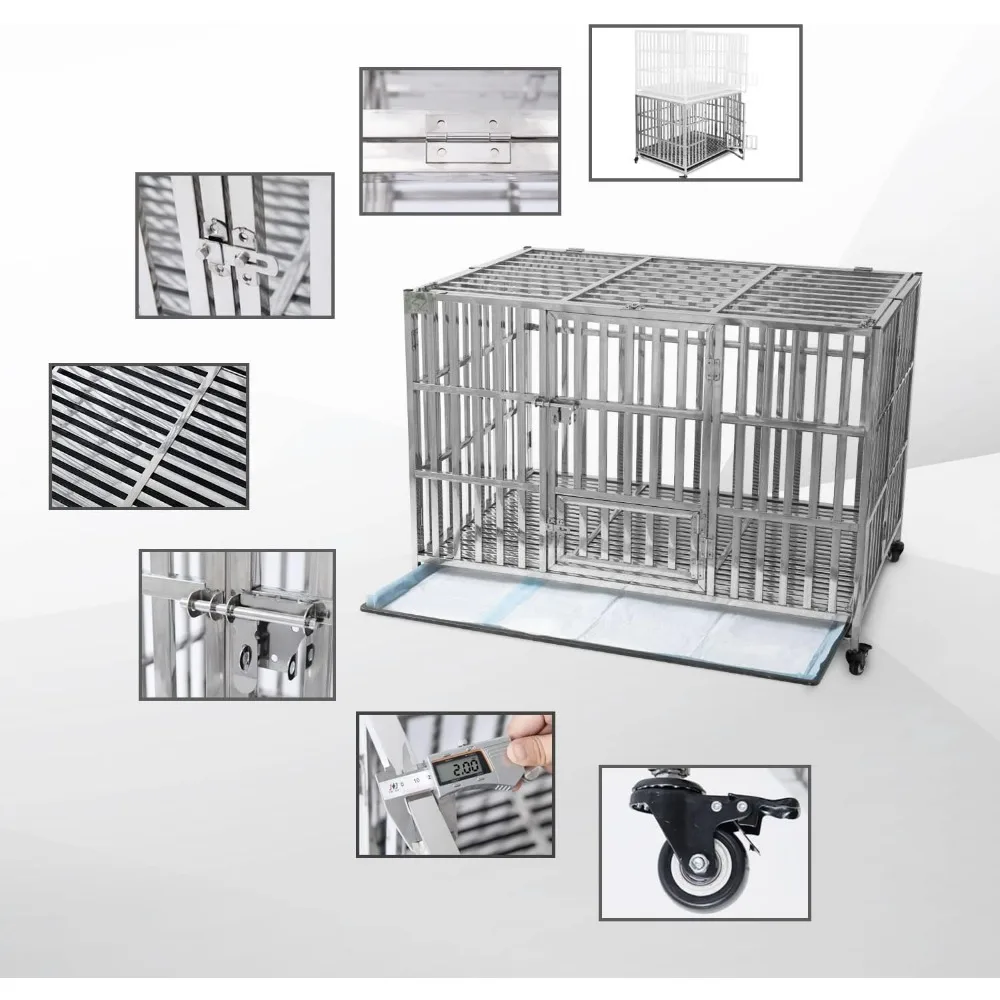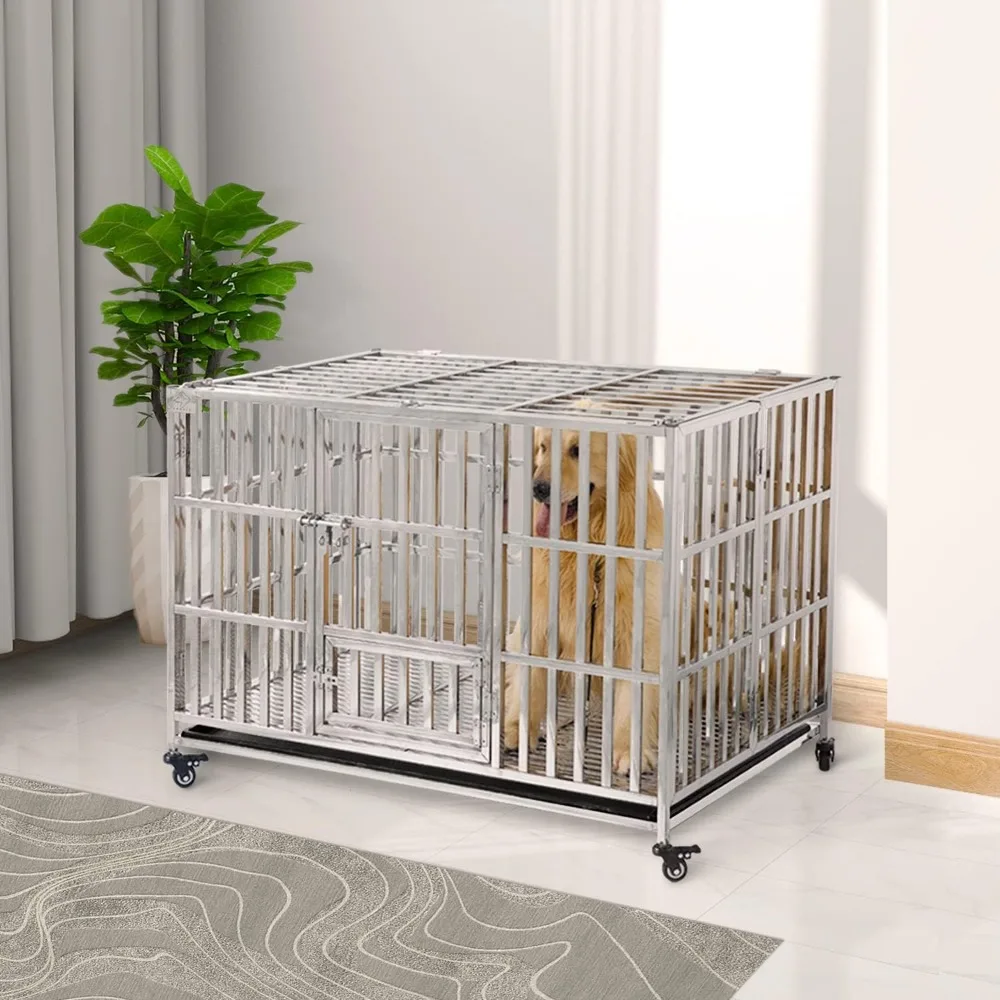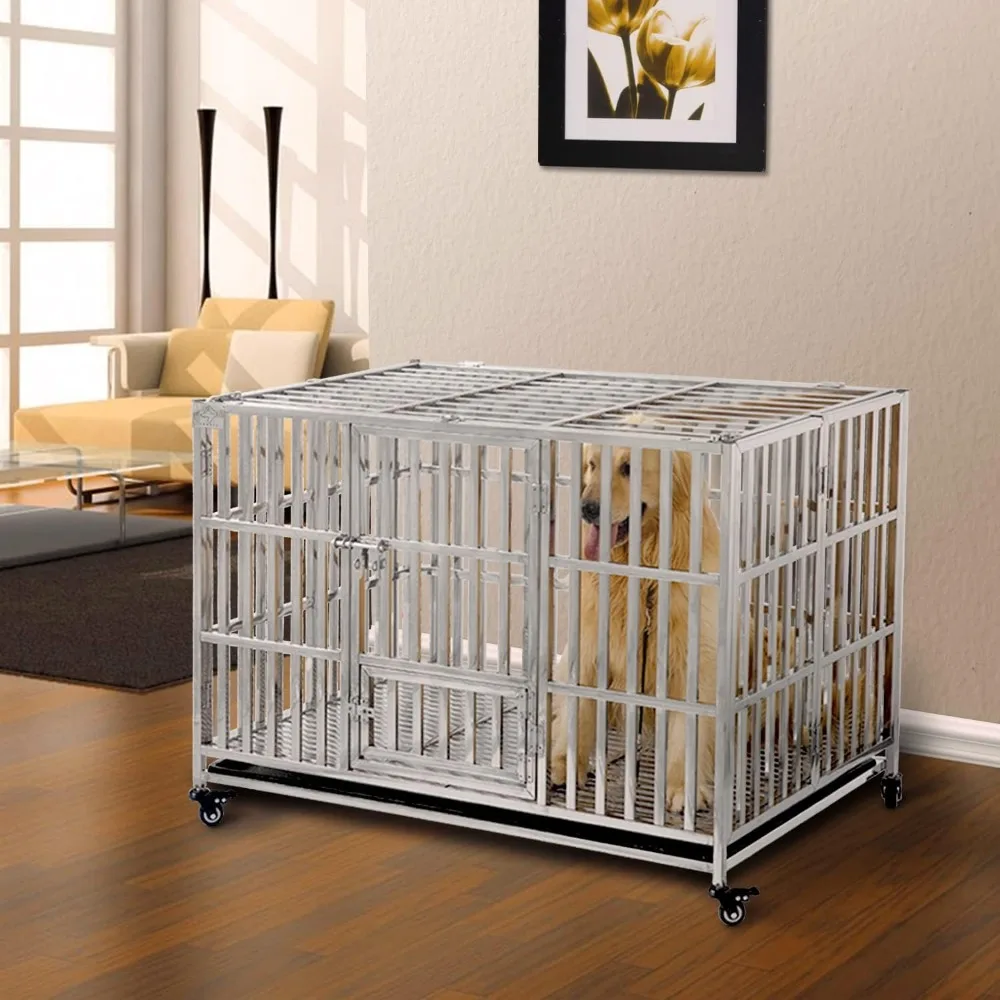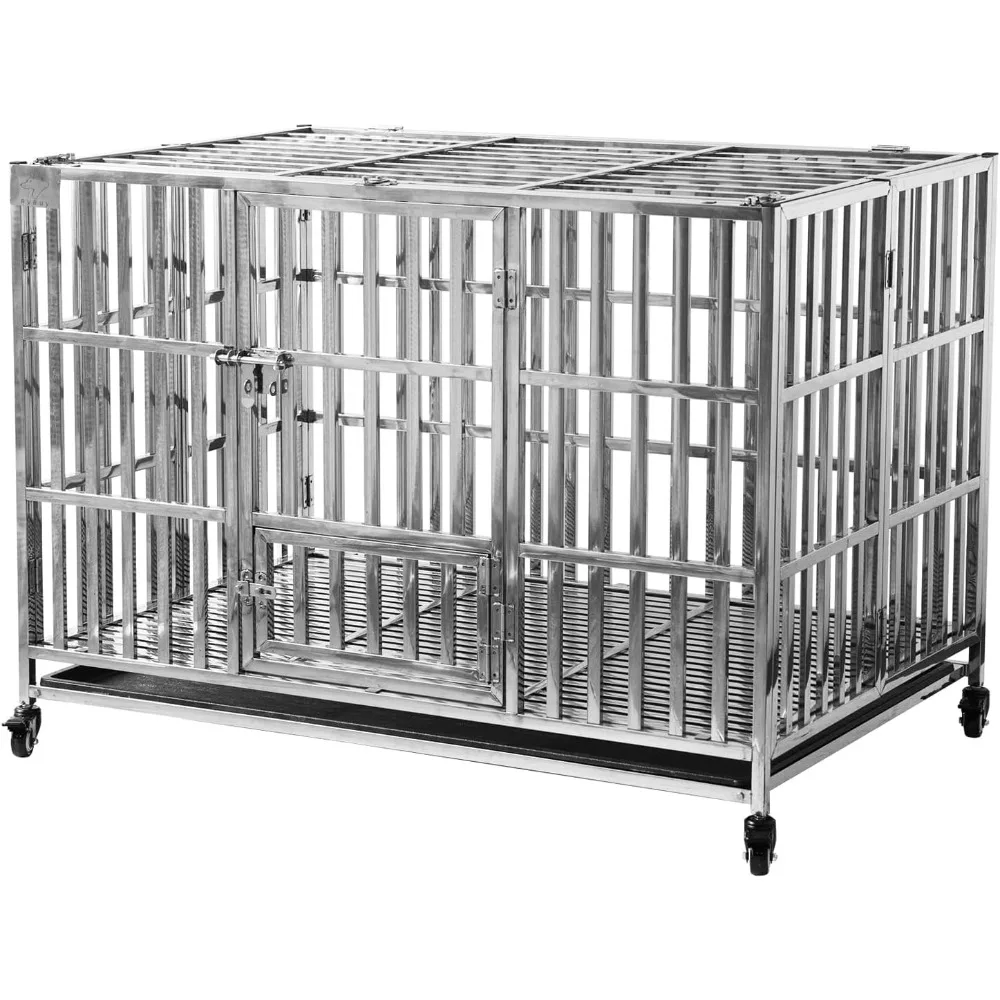Introduction
Kennel cough is a highly contagious respiratory infection in dogs. It can spread rapidly, especially in settings like kennels, dog parks, and grooming facilities. Understanding the kennel cough contagious period is critical for pet owners. This knowledge helps in preventing the spread of the disease and protecting other dogs. Let’s take a closer look at how long kennel cough is contagious and how pet owners can take necessary precautions.

What is Kennel Cough?
Kennel cough, or canine infectious tracheobronchitis, is caused by a combination of bacteria and viruses. The main culprits are the Bordetella bronchiseptica bacteria and parainfluenza virus. These pathogens inflame the dog’s trachea and bronchi, leading to a persistent cough. The disease is most common among dogs that frequently interact with others, such as those in shelters or daycare.
The classic symptom of kennel cough is a dry, honking cough. It often sounds like the dog is trying to clear its throat. Along with coughing, dogs may exhibit a runny nose, sneezing, fever, and lethargy. In most cases, kennel cough is not life-threatening. However, it can become serious in puppies, elderly dogs, or those with weakened immune systems.
Understanding kennel cough begins by knowing how it spreads. The bacteria and viruses responsible for kennel cough are often airborne. They can spread through respiratory droplets when an infected dog coughs or sneezes. Direct contact between infected dogs can also transmit the germs. For this reason, kennel cough often proliferates in places where many dogs gather.
The Contagious Period of Kennel Cough
So, how long is a dog contagious with kennel cough? The contagious period starts when a dog is infected with the bacteria or virus. This can happen several days before symptoms appear. However, the most contagious time is during the first two to three weeks of illness. During this window, the infected dog can spread the disease to healthy dogs nearby.
In many cases, a dog can be contagious for about 7 to 14 days. This may vary based on the specific strain of the bacteria or virus involved. Keep in mind that some dogs might carry the infection without showing any symptoms. Such asymptomatic carriers can still spread the disease to other dogs. This makes it crucial for dog owners to be vigilant in monitoring their pets.

The contagious period can be influenced by various factors. A dog’s overall health, age, and vaccination status all play a role. For instance, unvaccinated dogs are more likely to contract the infection and spread it. Young puppies, elderly dogs, and dogs with underlying health issues are at higher risk.
It’s not always easy to detect kennel cough early. Symptoms may start as mild coughs that pet owners can overlook. However, once symptoms appear, the dog’s ability to spread the infection increases. So, if a dog starts to cough, it is wise to assume it may be contagious and take action to keep other dogs safe.
Signs and Symptoms of Kennel Cough
Recognizing kennel cough is essential for early intervention and preventing its spread. The most noticeable sign is, of course, the persistent cough. This cough can be dry or produce mucus. Pet owners might also notice their dog gagging or retching after coughing. In some cases, dogs may even have a barking sound with their cough.
Other symptoms can include nasal discharge, sneezing, and a decrease in appetite. Infected dogs might also show signs of fatigue and less interest in play. While most dogs will recover without medical treatment, a few may develop more severe issues. This can happen if a secondary infection occurs or if the dog has underlying respiratory conditions.
Puppies especially need attention. Their immune systems are still developing, making them more vulnerable. If a puppy shows any sign of kennel cough, a vet visit is highly recommended. Early veterinary intervention can help avoid complications and ensure a quicker recovery.
It’s essential for pet owners to consult with a veterinarian to confirm a diagnosis. Other respiratory diseases can mimic kennel cough symptoms. Therefore, getting a proper diagnosis can lead to effective treatment and quicker recovery.

Preventing the Spread of Kennel Cough
Preventing kennel cough is essential for dog owners, especially those who frequently socialize their dogs. Here are some key preventive measures you can take.
First, vaccinate your dog. Vaccines are available against several strains of the viruses and bacteria that cause kennel cough. While the vaccine won’t guarantee complete immunity, it can lessen the severity of symptoms. Vaccinated dogs also pose a lower risk of spreading the infection. Discuss vaccination options with your veterinarian, especially if your dog will be exposed to other dogs.
Next, avoid high-risk situations. If you know a dog has been diagnosed with kennel cough, keep your dog away from that environment. This includes dog parks, grooming salons, and boarding facilities. The likelihood of exposure increases in these crowded settings.
Good hygiene is another essential factor. If your dog plays with others, ensure that you wash their toys and bedding frequently. Cleaning surfaces that other dogs may have come into contact with can also reduce the risk of spreading infection.
Finally, monitor your dog closely for any signs of illness. If your dog starts coughing or showing other symptoms, isolate it from other dogs immediately. The sooner action is taken, the better the outcome for your dog and others.
What to Do if Your Dog Gets Kennel Cough
If you suspect that your dog has kennel cough, it’s crucial to consult a veterinarian. Your vet can conduct a physical examination and determine the best course of action. Usually, kennel cough is self-limiting, meaning it will resolve over time. However, in some cases, dogs may need medication to help with their recovery.
Your veterinarian may recommend rest and additional supportive care. This can include hydration and a comfortable living environment. In more severe cases, especially if your dog is having difficulty breathing, medication may be necessary. Antibiotics can help if a secondary bacterial infection arises.
While your dog is recovering, keep it away from other dogs. Ensure that your dog does not come into contact with other animals until the contagious period ends. Follow your veterinarian’s guidance regarding the timeline, and always err on the side of caution.
Additionally, be attentive to how your dog is feeling during recovery. Monitor for any worsening symptoms, such as increased coughing or difficulty breathing. If this occurs, seek immediate veterinary care.
It’s vital to remember that not all coughing indicates kennel cough. Other respiratory illnesses can show similar symptoms. Hence, an accurate diagnosis by a veterinarian is essential for appropriate treatment.
Summary: Key Takeaways on Kennel Cough
Kennel cough is a common respiratory infection in dogs. It spreads easily in settings where many dogs congregate. Knowing the contagious period of kennel cough helps pet owners prevent its spread. The infection typically has a contagious period of 7 to 14 days, beginning a few days before symptoms appear.
Vaccinations play a crucial role in protecting dogs from this disease. Along with vaccination, pet owners should practice good hygiene and watch for signs of illness. If a dog becomes infected, isolating it from others is vital during recovery.
Overall, understanding kennel cough enables pet owners to make informed decisions. This involves vaccination, maintaining hygiene, and seeking timely veterinary care. Following these guidelines can help keep dogs safe and healthy while minimizing the risk of kennel cough outbreaks.
With that said, pet owners are encouraged to educate themselves on this condition. By knowing more, they can take appropriate actions to protect their dogs and community. Stay informed and proactive for the sake of your furry friends.
